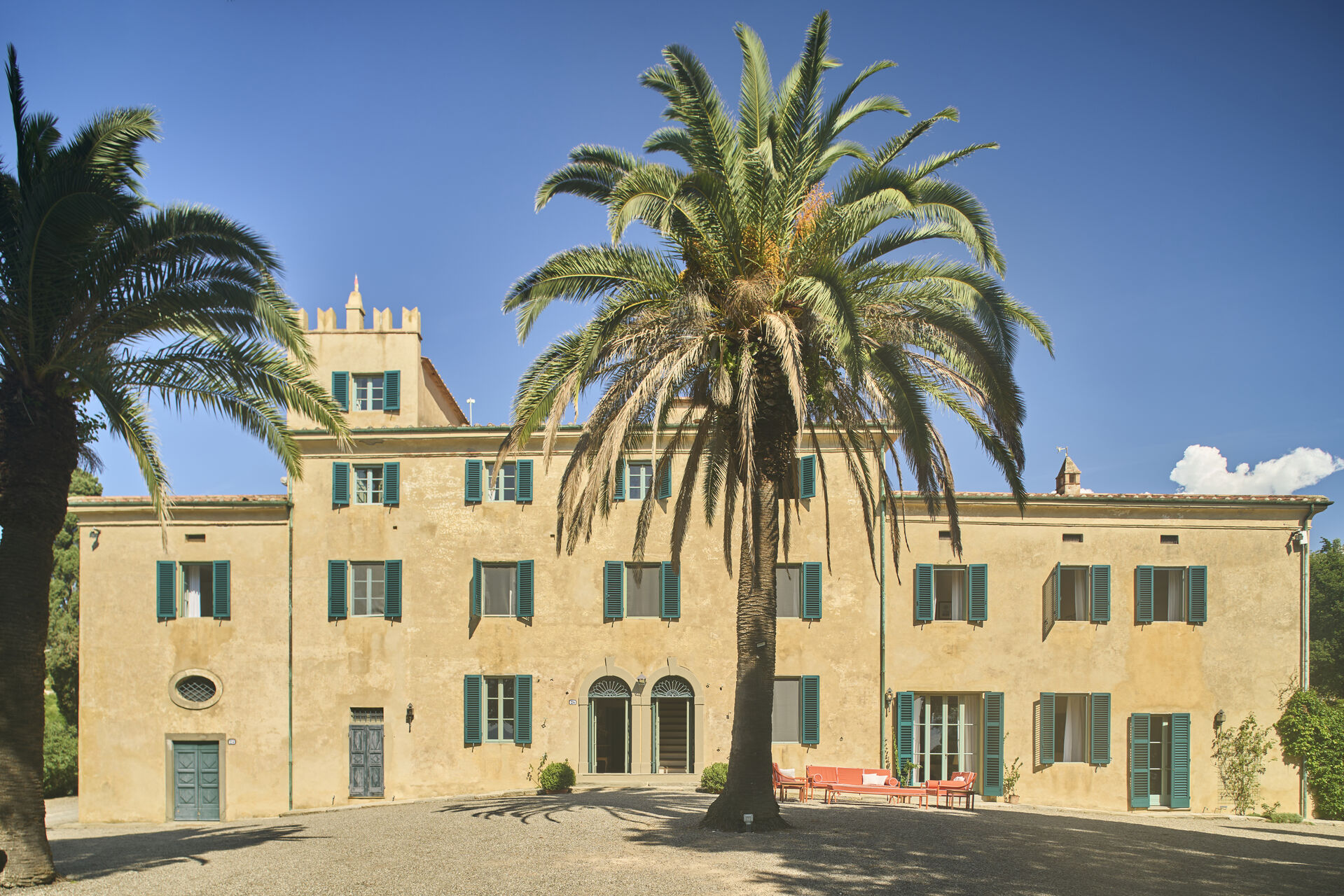Carla Carlisle on healthcare reform in the US
Healthcare reform in America started a long time ago points out Carla as she celebrates Obama’s healthcare legislation passing into law


The day begins with a head count of newborn lambs and praise for their mothers. As their erratic midwife, I feel tender gratitude for my Shetland sheep, who are patient, peaceable and motherly. I long to spend all morning with them, but they don't need me, so, reluctantly, I go to my desk. My sacrifice is rewarded. The subject of the first email is in bold print: ‘Thank you, Carla', sent at 4:18am, from Barack Obama. It begins: ‘For the first time in our nation's history, Congress has passed comprehensive health-care reform. America waited a hundred years and fought for decades to reach this moment. Tonight, thanks to you, we are finally here.'
The praise makes me a little uneasy. The truth is, it isn't thanks to me. I didn't knock on doors, give speeches or send cheques. I didn't even use this space to describe the terror of being seriously ill in my twenties and losing my health insurance when I lost my job. True, last summer I sent a modest donation when Ted Kennedy died, a kind of ‘in lieu of flowers' gesture, but I justified (to myself) not giving more because I have a 41-year-old friend in West Virginia with breast cancer and no health insurance who needs my cash now. Deep down, I know that what she really needs is health-care coverage, but, at times, it's been hard to believe that something so monu-mental would ever happen.
My only effort: a few months ago, I wrote an email to the White House urging President Obama to hold fast to the original plan of creating a federal-government-run scheme to provide competition to private insurance companies. Days after I pressed ‘send', however, the proposal was dropped from the final bill after the private companies mounted one of the most expensive lobbying campaigns in American history.
Not that I was surprised. Over the past year, I've had a sense of having been here before. As the original bill changed shape, I could hear my father's deep Southern voice saying that ‘the final bill, if and when, will be Chekhovian, with everybody a little disappointed'. He was describing the Medicare Bill, which he worked on from the day Lyndon Johnson was swept into office in 1964. That bill provided national health insurance for the elderly, and it was signed into law by President Johnson on July 30, 1965, at the Truman Library in Independence, Missouri. Harry Truman was the first president to call for a national health-insurance programme.
As a senator, he was shocked at how many draftees were failing their induction physicals during the Second World War, rejections he believed revealed that too many average citizens couldn't afford to see a doctor. In 1945, he proposed physician and hospital insurance for working-aged Americans and their families. The plan, roundly denounced as ‘socialised medicine' by the American Medical Association, bit the dust.
Somewhere in a box in the attic is a framed note from Johnson thanking my father for his efforts, and attaching one of the pens that signed the Medicare Bill into law. With it is the speech the president made at the signing, a speech my father had a hand in writing. Johnson told the nation that Truman ‘had planted the seeds of compassion and duty' that led to the enactment of Medicare, that it had ‘all started with the man from Independence'.
In his email, President Obama writes that much hard work is still to be done, but, at last, Americans will know the peace of mind of no longer being ‘one injury or illness away from catastrophe'. That peace of mind, the mark of a civilised and humane society, is something the British have known for more than half a century. Mean-while, I think I'll reply to info@barackobama.com and suggest that he sign the final bill in the Truman Library in Independence. It might look like a scene from The West Wing, but it's good to remember all those who planted the seeds of compassion and duty.
Exquisite houses, the beauty of Nature, and how to get the most from your life, straight to your inbox.
* For more Spectator like this every week, subscribe and save
Country Life is unlike any other magazine: the only glossy weekly on the newsstand and the only magazine that has been guest-edited by His Majesty The King not once, but twice. It is a celebration of modern rural life and all its diverse joys and pleasures — that was first published in Queen Victoria's Diamond Jubilee year. Our eclectic mixture of witty and informative content — from the most up-to-date property news and commentary and a coveted glimpse inside some of the UK's best houses and gardens, to gardening, the arts and interior design, written by experts in their field — still cannot be found in print or online, anywhere else.
-
 Here is where to stay on the ancient stretch of Italian coastline that people in the know are calling 'the new Amalfi'
Here is where to stay on the ancient stretch of Italian coastline that people in the know are calling 'the new Amalfi'The handsome Villa Talamo in quieter-than-Amalfi south-west Tuscany is now available for exclusive use hire — and it's surrounded by ancient Etruscan history.
-
 Nôtre-Dame: An over-crowded Parisian triumph
Nôtre-Dame: An over-crowded Parisian triumphAthena visits the re-built French wonder, and is more than impressed by the restoration work that has been completed so far.
